Poland to withdraw troops from Iraq
Poland wants to rebuild its relationship with the EU and Russia, but it will withdraw all 900 of its troops from Iraq.
Saturday, 24.11.2007.
13:03

Poland wants to rebuild its relationship with the EU and Russia, but it will withdraw all 900 of its troops from Iraq. This was confirmed by new Prime Minister Donald Tusk in his first address to the Polish parliament on Friday. Poland to withdraw troops from Iraq "We will conduct this operation keeping in mind that our commitment to our ally, the United States, has been lived up to and exceeded," he said. "The specific logistics and date will come from consultations with our allies, including our main ally, the U.S. But 2008 is the last year of the Polish military mission in Iraq," he added. In a three-hour speech to the 460-member Polish Sejm, or parliament, Tusk laid out an ambitious program of tax cuts, wage rises for teachers and medical staff, boosts to innovation, and a return to reconciliation after two years of political strife. "The Polish people want a normal government in a normal country where people lead a normal existence," he said. Tusk's centre-right Civic Platform (PO) party triumphed over the incumbent government of the nationalist-conservative Law and Justice (PiS) in elections held two years early, on October 21. PiS' coalition with two ultra-conservative parties had been marked by increasing tensions between political groupings, accusations of corruption and abuse of state powers, and flaming rows with Germany, Russia and the EU institutions. Tusk therefore saw his victory as a mandate to renew friendly relations with the EU, saying he wanted to "repair relations" with other EU members and build a "strategic relationship" with Germany. "We all know that Polish-German relations are crucial to both ... I want to intensify our cooperation with Germany and France: when Warsaw, Paris and Berlin are on good terms, they implement their interests well," Tusk said. "The EU is not a superstate, and it will never become one, but it should be a superpower ... Poland has the right and the duty" to help shape the EU's policy and aspirations, he added. As a proof of that willingness to cooperate, Tusk said that when ratifying the EU's Reform Treaty, his government would stand by a decision of the outgoing government to opt out of the EU's Charter of Fundamental Rights, to avoid any chance of a presidential veto. The PiS government had feared that the Charter could lead to an expansion of gay rights and abortions, and a surge in restitution claims by Germans expelled from Poland after World War II. President Lech Kaczynski, twin brother of outgoing premier Jaroslaw, had threatened to veto the ratification if the Charter were added to the treaty. "In the opinion of PO and (coalition partner) the League of Polish Peasants, the Charter would be useful, but it is most important to have a safe ratification of the treaty," Tusk said. While he insisted on the Iraq pullout, Tusk also stressed that Poland would keep its 1,300-man commitment to the NATO mission in Afghanistan, calling it "a reflection of the importance Poland places on the guarantee of security which NATO provides." And he insisted that the Iraq withdrawal should not be seen as heralding any slackening of cooperation with the US on other matters, most especially the controversial US plan to site elements of an anti-missile system in Poland. "We are aware of the political and military importance of the missile shield," he said, before pledging to hold a "round of consultation with NATO and some of our neighbors" on the issue. But he also echoed an earlier call that the U.S. should help Poland boost its own military capabilities, as a counterpart to hosting the missile shield. "Within the EU, Poland will be an advocate for stronger ties and cooperation with the US, but at the same time we will try and convince the US of the need to strengthen Poland's defenses," he said. The missile shield plan has been bitterly criticized in Russia, which has suspended its participation in a key arms-control pact in protest. The relationship between Warsaw and Moscow became venomous during the rule of Kaczynski's government, but Tusk seemed optimistic that the situation could now improve. "We want a dialogue with Russia as it is, and we are happy that our eastern neighbor is sending signals confirming that they, too, are maturing to that view," he said. But while he hinted that his government might be more flexible on the question of a planned German-Russian gas pipeline - seen by the outgoing government as a direct strategic threat - he also called for more cooperation from EU partners on energy security. "We support all EU infrastructure projects which could strengthen energy security, but we expect our EU partners to express their understanding of Polish and regional energy security conditions," he said.
Poland to withdraw troops from Iraq
"We will conduct this operation keeping in mind that our commitment to our ally, the United States, has been lived up to and exceeded," he said."The specific logistics and date will come from consultations with our allies, including our main ally, the U.S. But 2008 is the last year of the Polish military mission in Iraq," he added.
In a three-hour speech to the 460-member Polish Sejm, or parliament, Tusk laid out an ambitious program of tax cuts, wage rises for teachers and medical staff, boosts to innovation, and a return to reconciliation after two years of political strife.
"The Polish people want a normal government in a normal country where people lead a normal existence," he said.
Tusk's centre-right Civic Platform (PO) party triumphed over the incumbent government of the nationalist-conservative Law and Justice (PiS) in elections held two years early, on October 21.
PiS' coalition with two ultra-conservative parties had been marked by increasing tensions between political groupings, accusations of corruption and abuse of state powers, and flaming rows with Germany, Russia and the EU institutions.
Tusk therefore saw his victory as a mandate to renew friendly relations with the EU, saying he wanted to "repair relations" with other EU members and build a "strategic relationship" with Germany.
"We all know that Polish-German relations are crucial to both ... I want to intensify our cooperation with Germany and France: when Warsaw, Paris and Berlin are on good terms, they implement their interests well," Tusk said.
"The EU is not a superstate, and it will never become one, but it should be a superpower ... Poland has the right and the duty" to help shape the EU's policy and aspirations, he added.
As a proof of that willingness to cooperate, Tusk said that when ratifying the EU's Reform Treaty, his government would stand by a decision of the outgoing government to opt out of the EU's Charter of Fundamental Rights, to avoid any chance of a presidential veto.
The PiS government had feared that the Charter could lead to an expansion of gay rights and abortions, and a surge in restitution claims by Germans expelled from Poland after World War II.
President Lech Kaczynski, twin brother of outgoing premier Jaroslaw, had threatened to veto the ratification if the Charter were added to the treaty.
"In the opinion of PO and (coalition partner) the League of Polish Peasants, the Charter would be useful, but it is most important to have a safe ratification of the treaty," Tusk said.
While he insisted on the Iraq pullout, Tusk also stressed that Poland would keep its 1,300-man commitment to the NATO mission in Afghanistan, calling it "a reflection of the importance Poland places on the guarantee of security which NATO provides."
And he insisted that the Iraq withdrawal should not be seen as heralding any slackening of cooperation with the US on other matters, most especially the controversial US plan to site elements of an anti-missile system in Poland.
"We are aware of the political and military importance of the missile shield," he said, before pledging to hold a "round of consultation with NATO and some of our neighbors" on the issue.
But he also echoed an earlier call that the U.S. should help Poland boost its own military capabilities, as a counterpart to hosting the missile shield.
"Within the EU, Poland will be an advocate for stronger ties and cooperation with the US, but at the same time we will try and convince the US of the need to strengthen Poland's defenses," he said.
The missile shield plan has been bitterly criticized in Russia, which has suspended its participation in a key arms-control pact in protest. The relationship between Warsaw and Moscow became venomous during the rule of Kaczynski's government, but Tusk seemed optimistic that the situation could now improve.
"We want a dialogue with Russia as it is, and we are happy that our eastern neighbor is sending signals confirming that they, too, are maturing to that view," he said.
But while he hinted that his government might be more flexible on the question of a planned German-Russian gas pipeline - seen by the outgoing government as a direct strategic threat - he also called for more cooperation from EU partners on energy security.
"We support all EU infrastructure projects which could strengthen energy security, but we expect our EU partners to express their understanding of Polish and regional energy security conditions," he said.










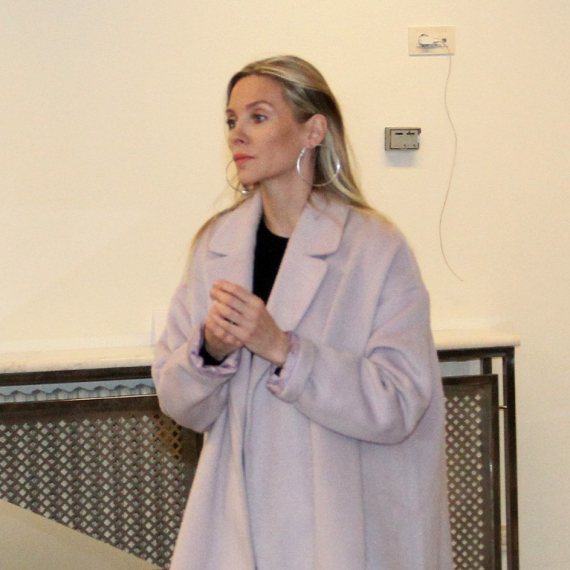
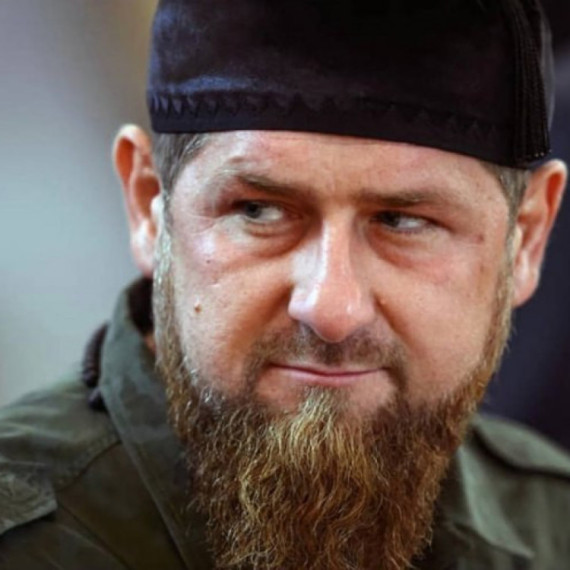

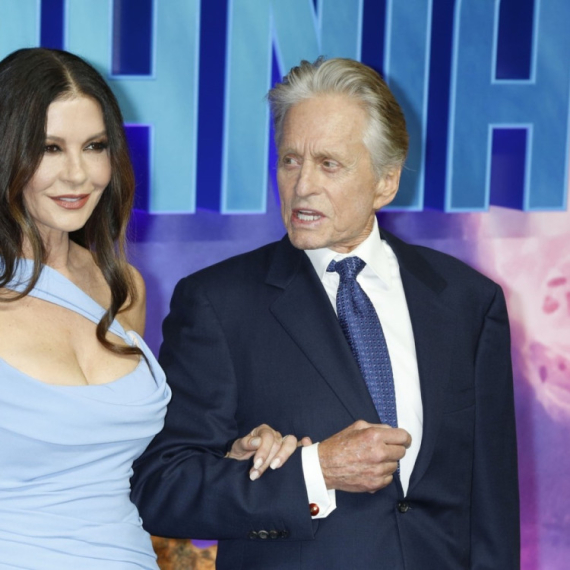
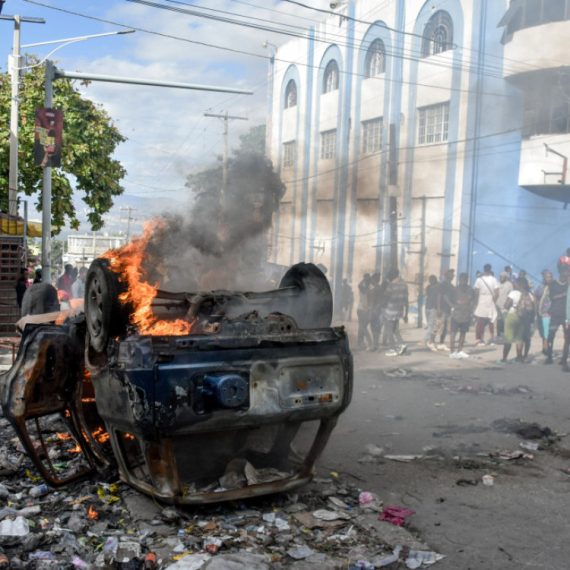
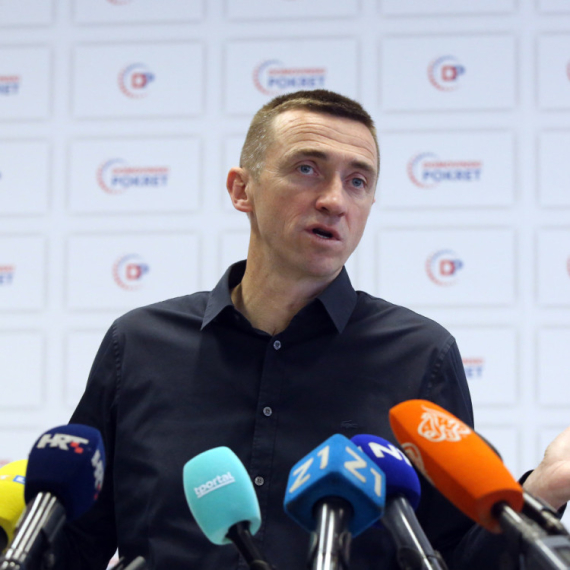
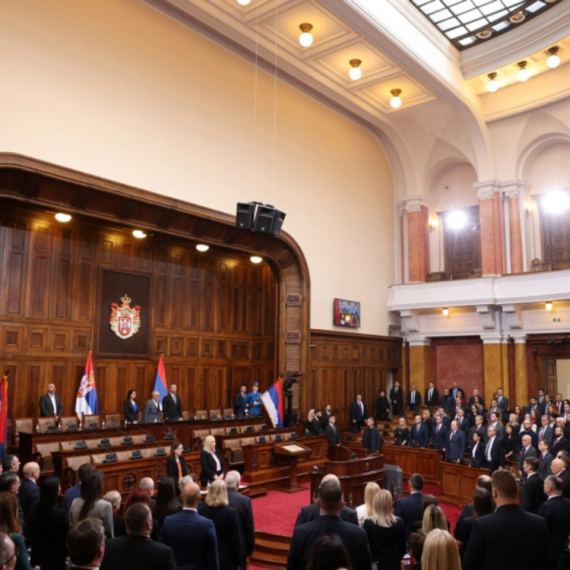

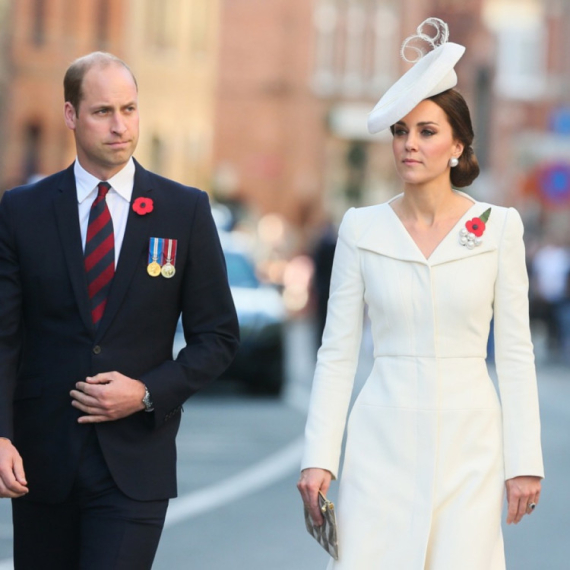
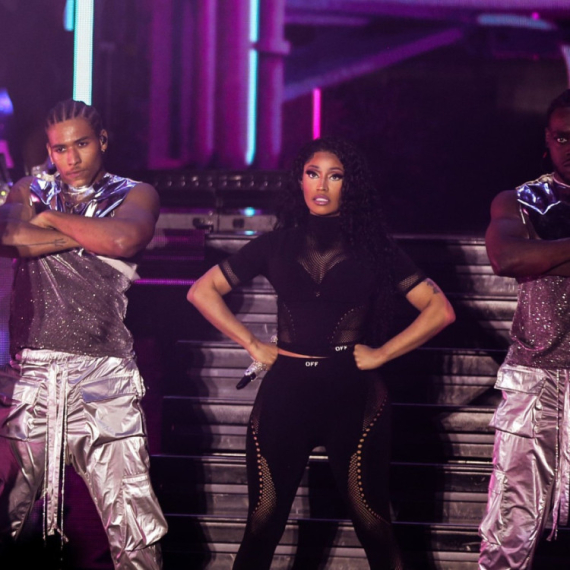
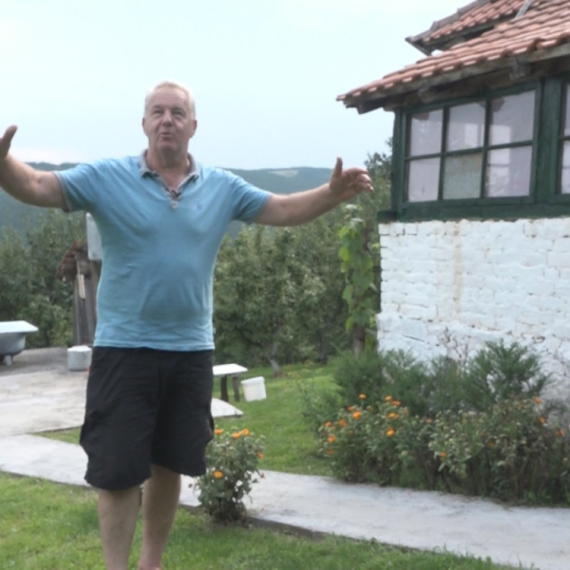

















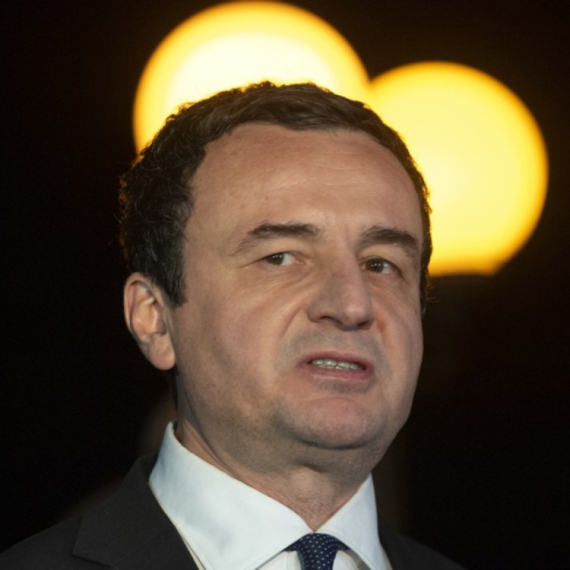







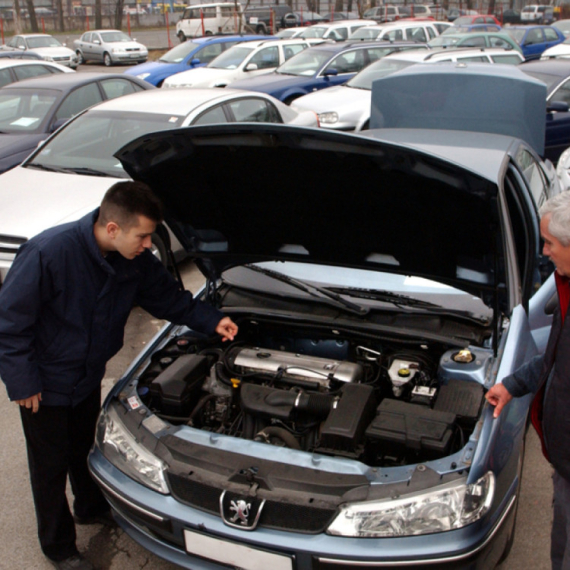


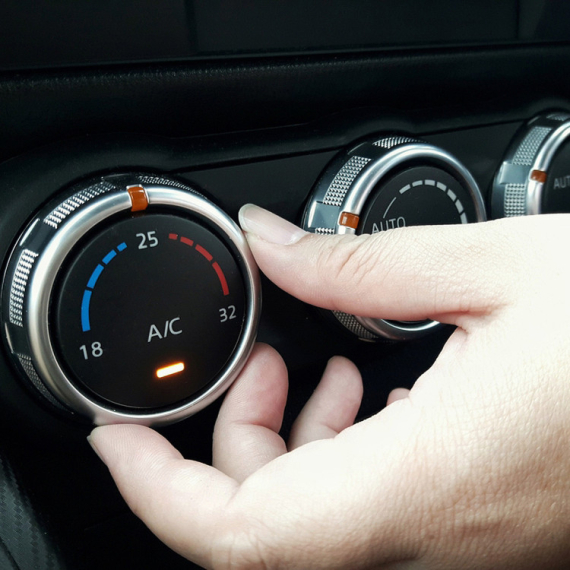




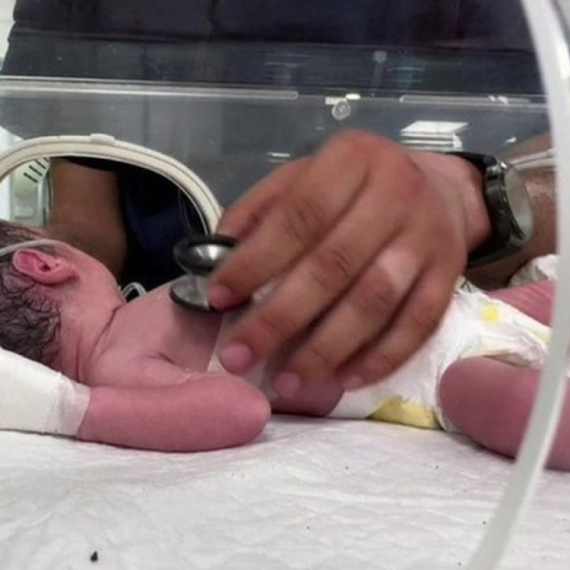

Komentari 12
Pogledaj komentare